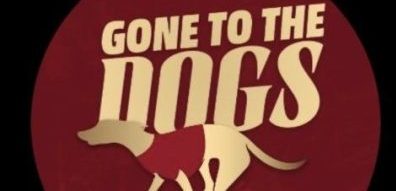Yarmouth have been forced to reduce prize money for the East Anglian Derby – though promoter Simon Franklin will keep all options open until the last minute.
He said: “We had two potential sponsors. The first one was confident of going ahead, only for the plan to be killed at head office. Then there was a local owner who asked to be kept informed if the first one dropped out. When they did, we contacted him but never heard back. In the end we ran out of time to get details off to GBGB and have cut the prize money accordingly.
“We always put the sponsorship to the winner’s prize, in other words £15,000 last year. We have taken a hit on some of that but have made cuts throughout. Last year’s total prize money was £31,600, this year is will be £25,200 with the winner’s prize dropping by £3,000 to £12,000. But the event is still available for a televised SKY meeting (September 14) if the sponsor is out there. We would love for it to be a special year as its the 70th running of the event since grandfather first opened the track.”
Beyond that, the kennel strength stands at a healthy 331, with a string of dogs waiting to be marked-up and 47 booked in for the next trial session. Not bad for the traditionally slow holiday season where the kennel strength is usually hit by holidays, lameness and in-season bitches.
In light of the problems in New South Wales, Franklin is frustrated that the UK industry is not doing more to address what he sees as its unfair image for poor welfare.
He said: “We will get some feedback on social media from someone saying they had a great night at the track and one of the antis will respond with something about ‘the cruel sport’. Its so unfair and we seem to be doing nothing to fight back. We have a great home finding scheme here (passionately run by Simon’s father Stephen) and our injury figures have been reported to Government. We all know that the number of dogs put to sleep at the track doesn’t cover those who sometimes need to be put to sleep at a later stage, but last year, we had six greyhounds who had to be put to sleep for emergency reasons at the stadium. Four were as a result of serious inoperable injury, the other two were heart attacks.”













